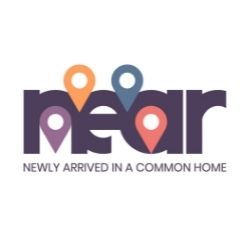Women in Film Industry

Considering the underrepresentation of women in the film industry, there is a need to limit the historical and entrenched bias which sustains the inequality towards the female role. The aim of the project is to develop material to prepare the females who aspire to be in the film industry, of what is it like to be a female in the film industry and to empower with more skills the women who are already in the film industry.
More specifically, all partners work together to produce an ACT curriculum, which comprises of a series of 15 short form taster courses that females can use to develop their knowledge on the most important roles within the industry.
Additionally, a Case Study Library will be offered to the public which will highlight the barriers to entry for females in the industry, including deficits in role models, confidence and career planning through the interview of some successful women who are already in the film industry.An in-service training of 35 hours of learning, broken into 21 hours of face-to-face workshops and 14 hours of self-directed learning, will be offered and a MOOC & Community of Practice will give access to the range of educational resources from the WIFI project.
The WIFI project aims to assist females in developing key knowledge in the roles within the industry in order to prepare and empower them to limit the gender gap which exists within the film industry.






